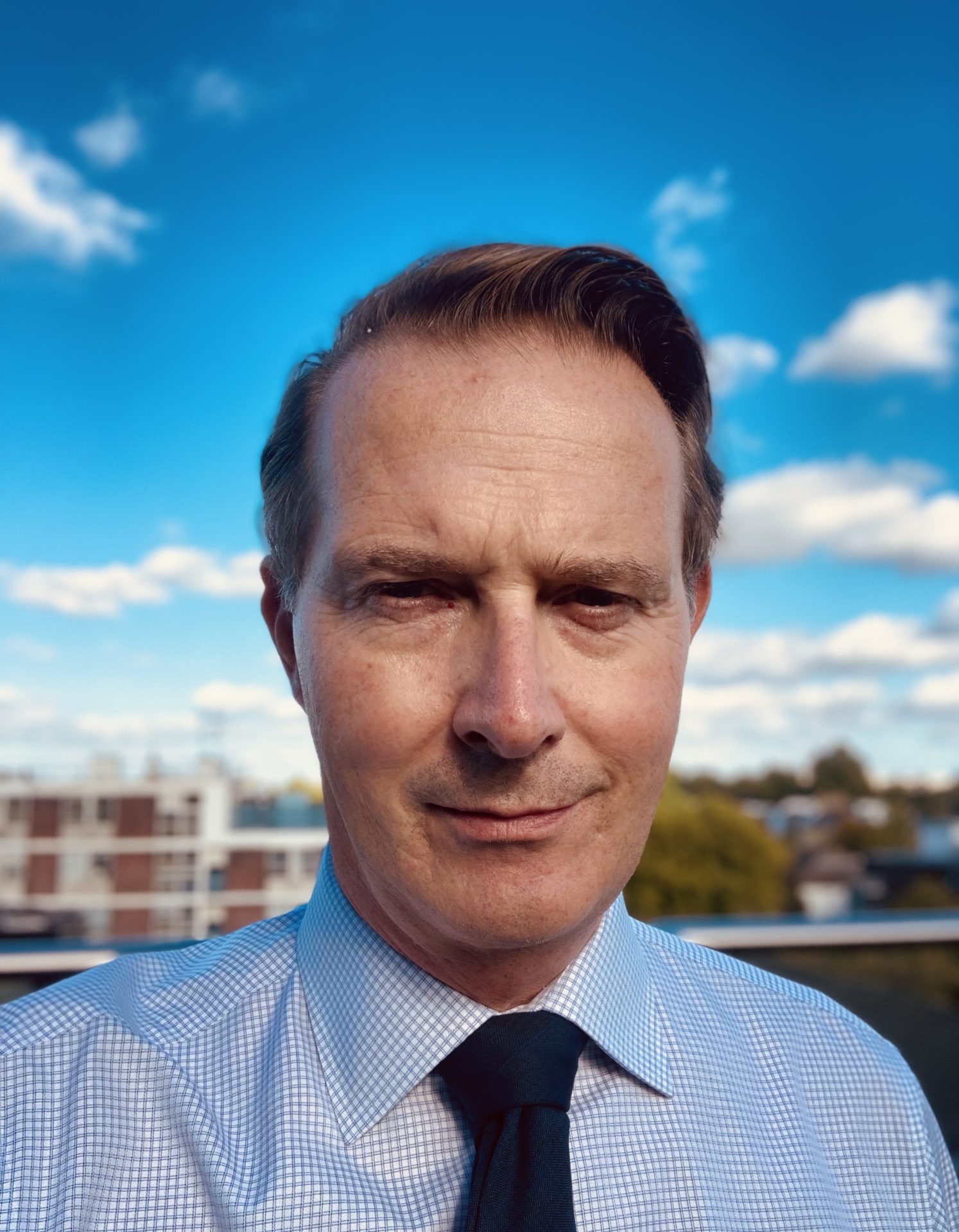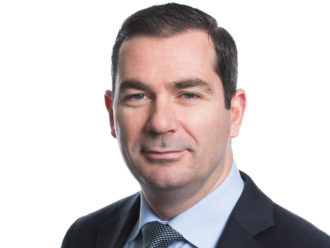How important is ESG and sustainable investing to the West Yorkshire Pension Fund?
As an investor, we recognise that the ESG characteristics of individual companies will determine their long-term sustainability.
Those that treat their staff unfairly, are involved in corrupt practices or have a bad environmental record are not going to be good investments in the long run.
These ESG externalities are financial risks, so we need to consider them as part of our whole investment process.
What ESG exposures does the West Yorkshire Pension Fund have?
We view the portfolio holistically. We don’t categorise a certain percentage of our assets as ESG. Rather we want to provide robust oversight of the entire portfolio, which is consistent with our responsibilities under the stewardship code. If you screened the portfolio using SFDR Article 9 standards, approximately a quarter of our equities would be considered green.
We are also looking at investments in climate solutions, sustainable cities and regional economic growth, including those specific to West Yorkshire.
What assets are you targeting that are specific to West Yorkshire?
We are in the process of establishing social housing funds and investments. We are considering a number of ways to make a local impact. We have a number of housing projects, such as sheltered housing, but we are looking at property more generally, as well as local lending, infrastructure and renewable energy projects.
They will, of course, all have to supply us with a good financial return while having a positive local impact.
During the three years you have been in your role, what changes have you made to the fund?
There has been a wider evolution of ESG as an investment discipline, but we have also made progress as an organisation. We have published a document defining our investment beliefs with five ESG principles.
We are signatories to the Stewardship Code, have submitted our TCFD report and mapped our carbon emissions for the past five years.
In the second half of this year we will release a climate report using the Net Zero Asset Manager Initiative framework to demonstrate how we want to abide by our Paris Alignment commitment.
What are your ESG principles?
In 2021 we adopted five principles: One, we recognise ESG factors can profoundly impact an individual company’s long-term sustainability.
Two, West Yorkshire Pension Fund does not believe there is a trade-off between the investment performance of a financial asset and investing in a company that is behaving in a responsible and sustainable manner.
Three, we choose to be an informed and active manager. Four, we recognise our stewardship responsibilities through engagement and voting.
And finally, we use positive engagement for change. As owners of companies, we have the power to change the behaviour of management teams who we consider our agents.
So divestment is a tactic of last resort?
Yes, because at that point you are throwing in the towel. You are saying: “We have tried to make this company come round to our way of thinking, but unfortunately we are going our separate ways because that hasn’t happened.”
Conversely, though, it is a weapon that we need. In these engagements, if we are not being listened to then the ultimate sanction is to get out.
What still needs to change at the fund in terms of ESG and sustainable investment?
Best practice continues to evolve and improve. There has been a tremendous amount of work in the sector by asset owners, asset managers and third-party NGOs in the research we are receiving in terms of getting to net zero.
But we are working collaboratively to move us forward. It takes a lot of work.
You have undertaken a strategic asset allocation review. What does that mean for your ESG and sustainable investments?
The first issue was our engagement activity. We felt some of our engagements were not delivering our desired outcomes, so we want to improve those processes. We are in the process of commissioning a piece of work to do just that.
The second element involves our investment panel, who have chosen to consider the UN Sustainable Development Goals. We have been working on some of these themes: climate solutions, supporting sustainable cities and utilising energy efficiencies.
We want to help drive all this and create investment opportunities. We are still awaiting the asset allocation framework and we are going to incorporate these into the portfolio.
Which element of ESG is most important to the West Yorkshire Pension Fund?
Climate change is, among investors, the most important factor. It is an existential threat. Investors, companies and governments have a collective responsibility to act.
That is not to say it is our sole target. We are involved in a broad range of engagements. For example, we work with the 30% Club to get a greater gender balance on boards and the C-suite. So I would say we are involved in a variety of ESG themes.
What are your biggest challenges in addressing ESG and sustainability?
It is making engagements count. We need to provide oversight to companies striking an appropriate balance of support and scrutiny. Historically, we believed several of the European oil companies had demonstrated climate leadership and we encouraged that.
But in the last couple of years there has been some slippage in this activity. The challenge will be to do this constructively, so that a company’s management team will view it as a priority.
There has been a backlash against ESG in some political quarters. Does this worry you?
It is a disappointment. These issues are complex. They require a short, medium and long-term focus, which are sometimes different.
Decarbonising the energy sector is a case in point. Addressing climate change is vital in the long term but in the shorter term, energy availability and price is also important.
What does the government need to do to improve the sustainability investment out- look for institutional investors?
From a regulatory point of view, we are awaiting guidance on the expansion of the Task Force on Climate-Related Financial Disclosures for LGPS funds. A common complaint we hear from investee companies is we must see stronger support for dealing with climate issues and the transition, which the government should be driving forward.
So that is not happening?
That is what companies tell us: the government needs to do more to demonstrate that it is committed to the transition.
What do you make of the various COP meetings? Do they add up to anything?
Some impressive progress has been made. Since Kyoto [in 1992] great strides forward have been made: 2015 saw the Paris Agreement which was a major move forward in setting a framework to tackle climate change. This is despite different positions from governments across the globe. So I would say the COP meetings have generally been a success, but a great deal of work needs to be done.
What have you brought from your asset management background to this asset owner role?
For much of my career I worked in emerging markets and was drawn to effective governance; how different management and regulatory frameworks result in different outcomes.
On a company level, how do some succeed and others don’t. It is the type of governance that can help define what outcome companies achieve.
In terms of West Yorkshire Pension Fund, we work directly with company management to ensure they are accountable. And as an asset owner we take a long-term approach to companies. They have to show transparency and good governance over the longer term.
What are your ambitions for West Yorkshire Pension Fund?
The West Yorkshire Pension Fund in the LGPS has been a huge success story. We want to continue to build on that.
The size of the fund at almost £20bn is big enough to keep the management of the portfolio in-house, which is important. This makes for a unique approach. It has also proved highly successful.
We can invest in a whole range of approaches like infrastructure and have an impact, but as I mentioned, our primary focus will be delivering solid risk-adjusted returns to pay the pensions of our members.
What is the biggest lesson you have learnt from your career?
You have to keep an open mind. Individuals and teams have different styles and ways of doing things, there are often different pathways to reach a satisfactory result. So don’t hesitate in seeking support when necessary.





Comments